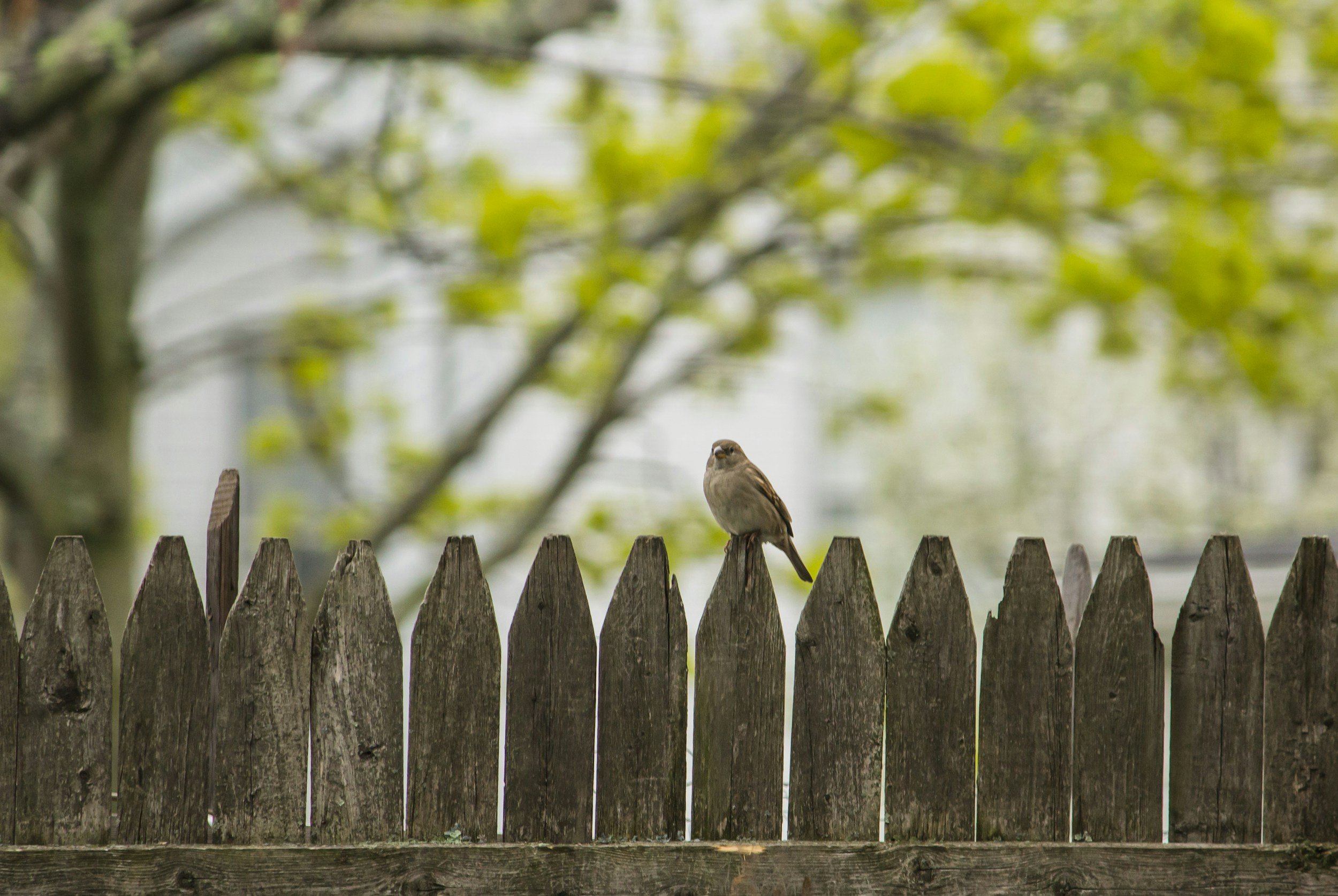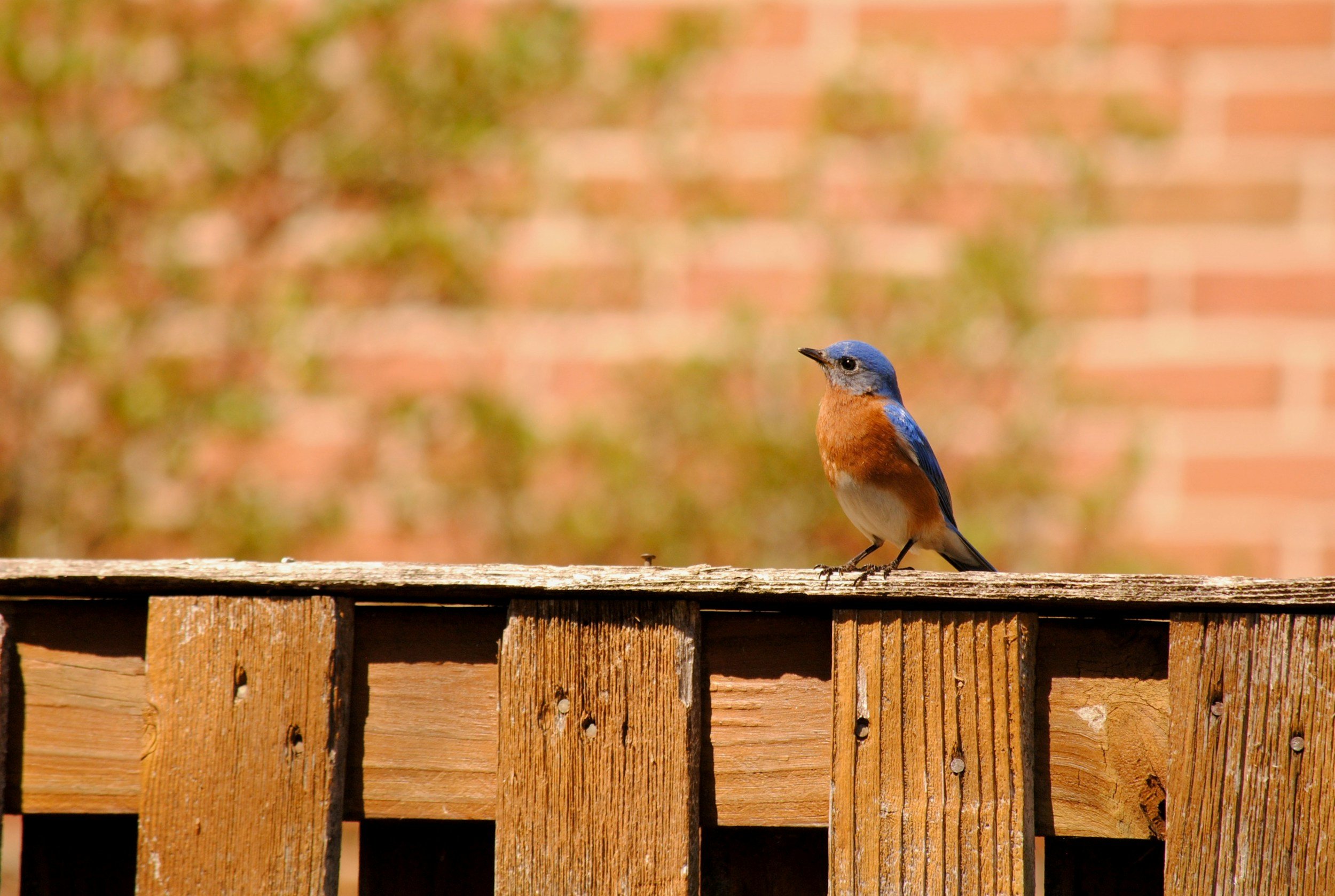
The Mental Health Benefits of Birding
The Health Benefits of Birding Can Be A Pathway to Well-being
Birding, the practice of observing or enjoying birds in their natural habitats, offers more than just an opportunity to connect with nature—it provides significant mental and cognitive health benefits. At Birdability, we are dedicated to making birding accessible to everyone, ensuring that people of all abilities and health concerns can experience these benefits firsthand.
1. Mental Health Benefits: Reducing Stress and Anxiety
Studies consistently show that time spent in nature reduces stress and anxiety levels. Birding, as a mindful and engaging activity, enhances this effect by encouraging focused attention on the sights and sounds of birds. The combination of being outdoors and connecting with wildlife creates a sense of calm, grounding, and presence in the moment. Research highlights that birding can:
Decrease symptoms of depression and anxiety.
Improve mood and promote relaxation.
Reduce levels of the stress hormone cortisol.
By providing opportunities for individuals to slow down and observe bird behavior and birdsong, birding serves as a natural form of mindfulness, which is particularly beneficial for those managing mental health challenges, including PTSD.
2. Cognitive Benefits: Enhancing Focus and Memory
Birding is not only a source of enjoyment but also a way to engage the brain in meaningful, stimulating activities. Observing and identifying different bird species requires focus, attention, and memory skills, all of which contribute to cognitive resilience. Research suggests that birding can:
Improve attention span and concentration by training the brain to observe details.
Enhance memory through the practice of identifying bird species and recalling their songs.
Boost cognitive flexibility, which can be especially beneficial for those seeking mental stimulation in a supportive and accessible environment.
By fostering curiosity and learning, birding offers opportunities for cognitive enrichment, encouraging participants to engage their minds in an enjoyable and rewarding way.
3. Social Connection and Community Building
Birding often occurs in groups or through organized events, fostering social connections and building supportive communities. These social aspects of birding are essential for mental well-being, as they combat feelings of loneliness and isolation, particularly for individuals who may feel excluded from other outdoor activities. By participating in birding groups or virtual events, individuals can:
Connect with others who share similar interests.
Form bonds and friendships that provide emotional support.
Build a sense of belonging and purpose within a community.
Birdability works to ensure that these opportunities are inclusive and welcoming, providing a safe space for everyone to engage, share their experiences, and enjoy the mental health benefits of birding.
4. A Therapeutic Tool for Trauma Recovery
For individuals managing trauma or PTSD, birding serves as an effective therapeutic tool along with other mental health modalities. Engaging with birds and nature helps redirect focus from intrusive thoughts and anxiety to the present moment, providing an avenue for healing. Studies have shown that birding and other nature-based practices can reduce the symptoms of trauma by offering:
Safe and non-invasive forms of therapy.
Opportunities for grounding through sensory experiences, such as listening to bird calls.
A sense of empowerment and connection through learning about bird species and their behaviors.
Birdability’s Mission Helps Make Birding a Pathway to Health for All
At Birdability, we believe that everyone, regardless of ability or health status, deserves the opportunity to experience the profound benefits that birding offers. We are committed to breaking down physical, cultural, and societal barriers so that all people can find joy, community, and healing in nature. By promoting accessible birding locations, adaptive equipment, and inclusive birding practices, Birdability is working to ensure that the mental and cognitive health benefits of birding are available to everyone.
We are building a world where birding is not just a recreational activity, but a universally accessible tool for well-being—where anyone can find connection, joy, and a sense of belonging through birds and the natural world. Together, we are creating a more inclusive birding community and a healthier, more connected society.

